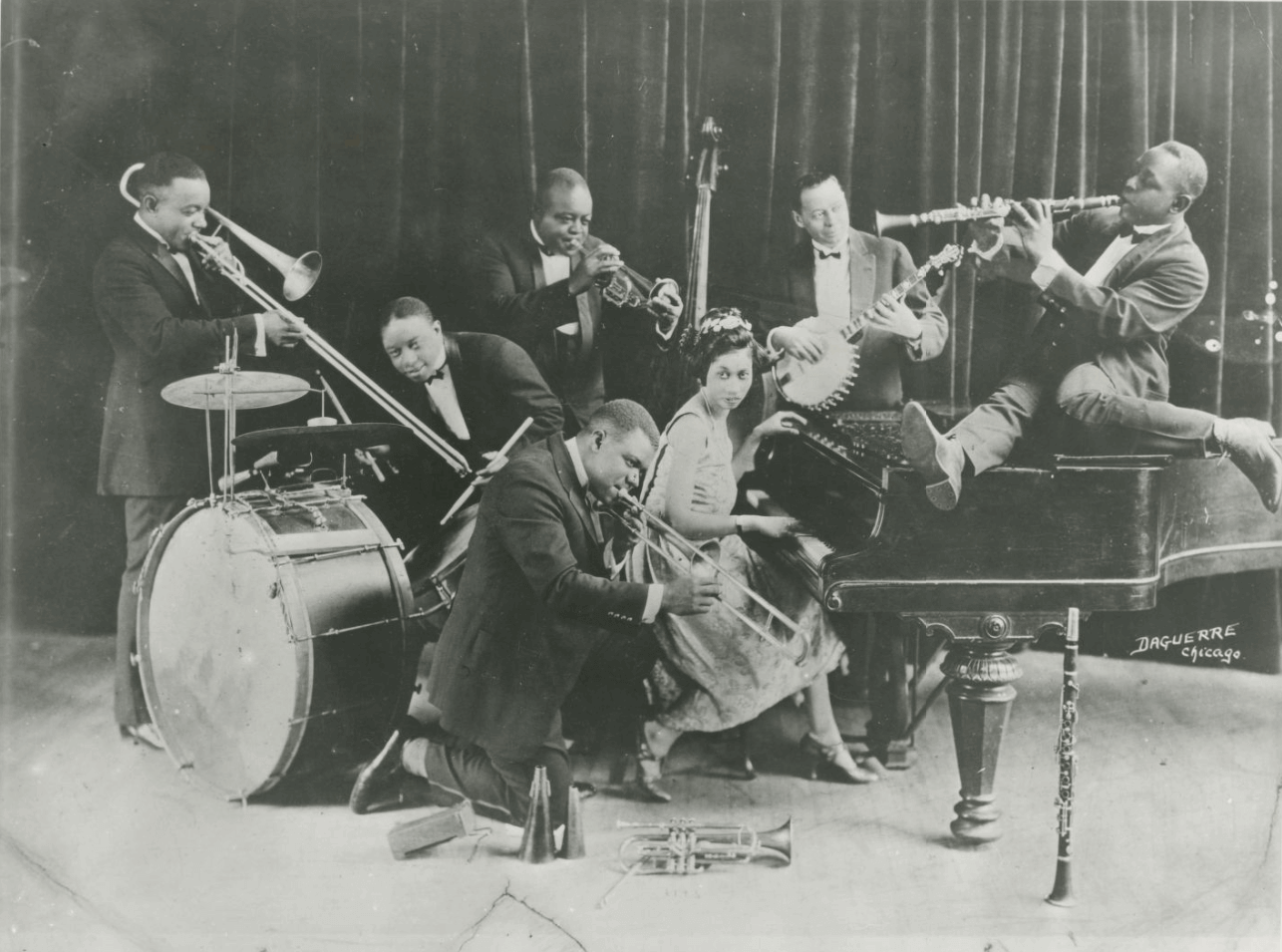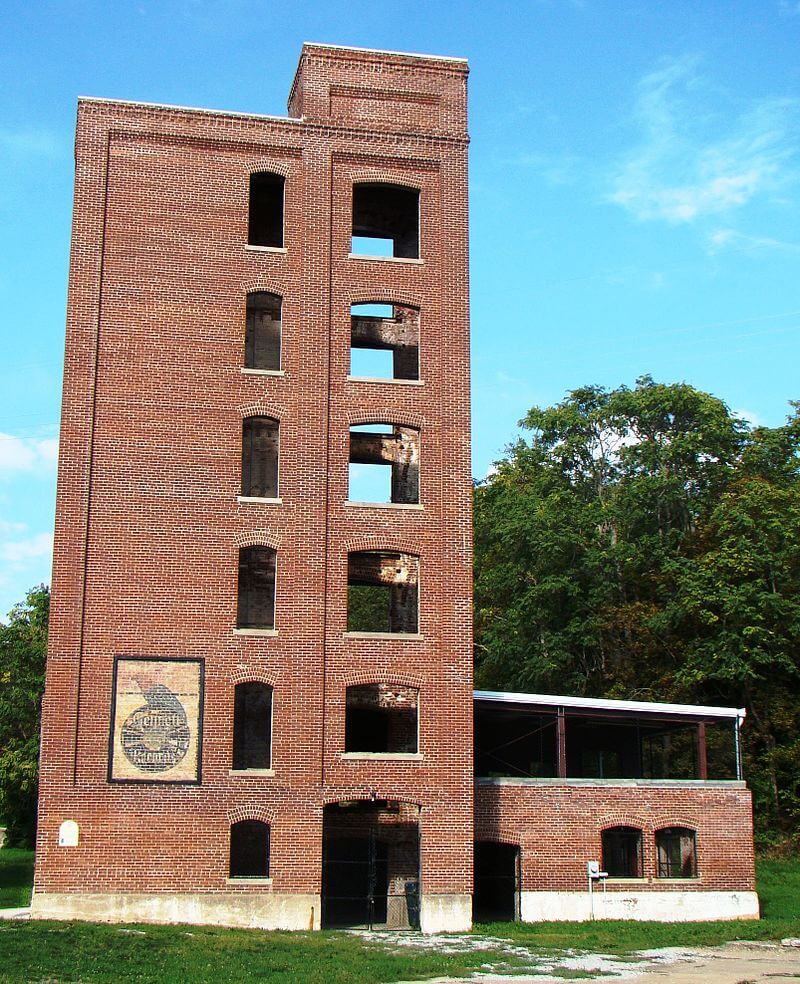King Oliver’s Creole Jazz Band recording of “Dippermouth Blues” celebrates 100th anniversary
On April 6, 1923, King Oliver’s Creole Jazz Band, which included 21 year-old Louis Armstrong playing 2nd cornet, recorded “Dippermouth Blues” at Gennett Records in Richmond, Indiana. According to Danny Weiss, senior lecturer of Jazz History in Purdue’s Department of Music, “Dippermouth Blues” is one of the the most important early jazz recordings demonstrating the strong influence of blues and is probably the most significant moments in Indiana’s music history.

As Weiss noted, Chicago-based King Oliver’s Creole Jazz Band traveled south to Richmond, Indiana to seek out the highly regarded audio engineer Ezra Wickemeyer at Gennett Records, a subsidiary of Richmond’s Starr Piano Company, manufacturer of pianos, phonographs, and records.
King Oliver’s band is considered the best of the early ensemble-style jazz bands, and the “Dippermouth Blues” recording included members Joe “King” Oliver (1st cornet), Louis Armstrong (2nd cornet), Johnny Dodds (clarinet), Honoré Dutrey (trombone), Lil Hardin, future wife of Armstrong (piano), Bill Johnson (bass/banjo), and Warren “Baby” Dodds (percussion). On his solo, Oliver famously incorporated a Conn metal mute, lending to a “wha wha” effect. Oliver pioneered the use of mutes, including the rubber plumber’s plunger, derby hat, bottles, and cups.
According to Weiss, Gennett Records was located next to a railroad track, making it tricky for Wickenmeyer to capture audio to wax cylinder while timing train traffic through the area. Another challenge was Louis Armstrong and King Oliver’s volume on the cornets. Wickemeyer had to situate Armstrong and Oliver at the back of the room out of fear that their sound would cause the needle to jump off the cylinder.
At the time, Richmond was a hotbed of Ku Klux Klan activity, including a cross burning to usher in 100 Klansmen just a year prior to recording “Dippermouth Blues” . Needless to say, it was a courageous decision for the Black band members to travel down from Chicago to create this important recording.
During the two-day Gennett recording session, King Oliver’s Creole Band also laid down “Canal Street Blues,” “Chimes Blues,” “Froggie Moore,” “I’m Going Away to Wear You Off My Mind,” “Just Gone,” “Mandy Lee Blues,” “Snake Rag,” and “Weather Bird Rag.” Listen to all of the April 5-6, 1923 Gennett recordings.
Listen to “Dippermouth Blues” on Gennett Records, recorded April 6, 1923 in Richmond, Indiana
In addition to King Oliver’s Creole Jazz Band, Gennett recorded early jazz musicians Jelly Roll Morton, Bix Beiderbecke, The New Orleans Rhythm Kings, Lois Deppe’s Serenaders with Earl Hines, Hoagy Carmichael, Duke Ellington, The Red Onion Jazz Babies, The State Street Ramblers, Zack Whyte and his Chocolate Beau Brummels, Alphonse Trent and his Orchestra, and many others. (pictured, the remains of Starr Piano Company factory, home of Gennett Records, Richmond, Indiana)
Happy 100th birthday to this important jazz recording and incredible piece of Indiana history. Special thanks to Danny Weiss – jazz history lecturer, woodwind player, and member of the Danny Weiss Trio and à gauche – for contributing his perspective on the history and Indiana roots of “Dippermouth Blues.”
